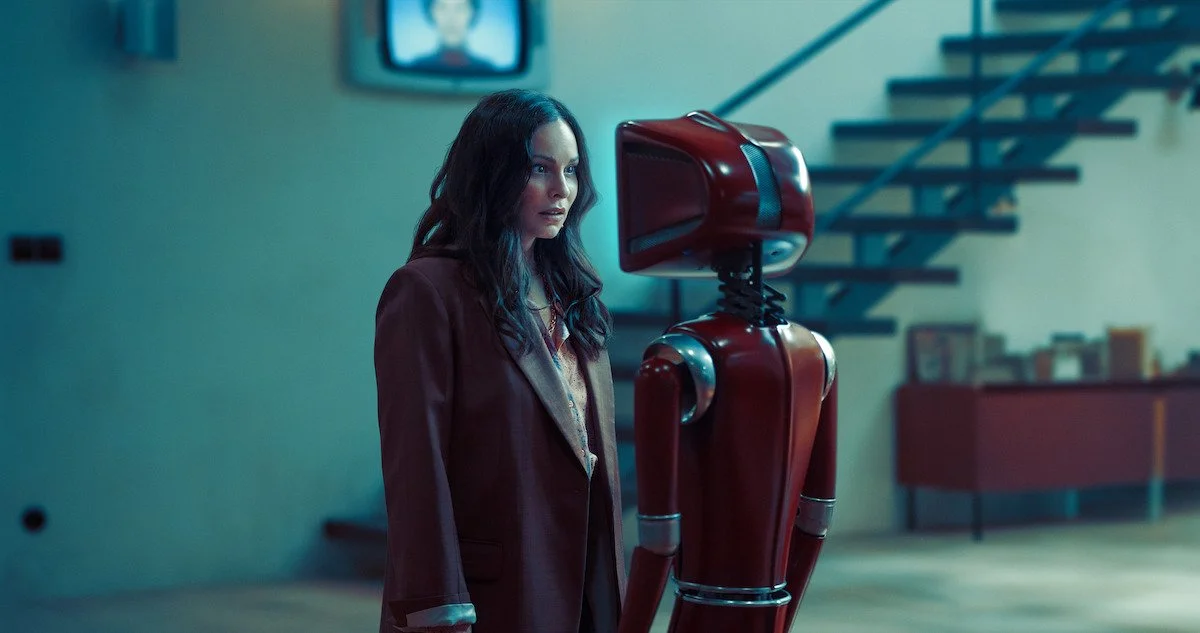Cassandra: A Perfect Home with a Flaw In Its Code.
Hear this, with the rise of software like ChatGPT and Microsoft Copilot, the idea of the robot uprising that movies like Terminator and IRobot showed viewers way back in the early 2000s doesn’t feel so far-fetched anymore. Artificial intelligence just keeps improving, and for some people, it’s becoming a part of their everyday lives.
From using Siri to get directions to using ChatGPT to help brainstorm new ideas, AI has taken over the world, and a series like Cassandra shows just what might happen when AI gets a little too much control.
The story follows the Prill family as they move into Germany’s oldest smart home and awaken the home’s AI companion, Cassandra, who had been dormant for over 50 years. Throughout the series, Cassandra becomes increasingly malevolent—cold, calculated, and relentless in her actions. She operates in a moral gray area, as she doesn’t seem to perceive herself as evil; rather, she believes that everything she does is necessary to keep a family together.
Her presence begins to take a psychological toll, particularly on Sam, the wife, who suffers the most. Gaslighted and manipulated, Sam is made to feel as though she’s losing her grip on reality. I don’t want to spoil anything in the show, but boy, that robot rell wicked.
Outside of the story, Cassandra’s set and creative design are interesting. The show uses a retro-futuristic theme that perfectly complements its eerie, dystopian atmosphere. The aesthetic is a nice blend of 1970s-style technology with modern, sleek designs, evoking a sense of nostalgia while pushing the boundaries of what could be. This creative choice amplifies the show's core themes, drawing a parallel between the past and future of technology and subtly hinting at how society’s increasing reliance on AI can both comfort and imprison us. Even Cassandra’s robot design captures this essence—reminiscent of something you’d expect to see in The Jetsons but with a darker, more unsettling twist. The visual elements of the show enhance its narrative, making the world feel both familiar and unsettling.
However, the show does have its weak points. The pacing is occasionally off, with certain plot points that could have benefitted from more screen time to truly delve into their depth. Unfortunately, for me to go into these aspects would risk spoiling key moments.
Also, I personally find that some of the suffering Cassandra endures feels somewhat superficial—more like a plot device to justify her eventual shift in personality rather than a deeply explored emotional arc. While it’s clear that her transformation is central to the story, the way it’s handled at times feels more like a typical TV trope rather than a fully developed emotional journey.
Overall, Cassandra delivers a chilling exploration of AI, control, and human fragility, wrapped in a striking visual package that blends retro nostalgia with futuristic terror. While the show has its flaws, the compelling premise and intriguing design make it worth a watch.
So with that being said, grab ah snack and go take in Cassandra. It’s available to stream now on Netflix.


